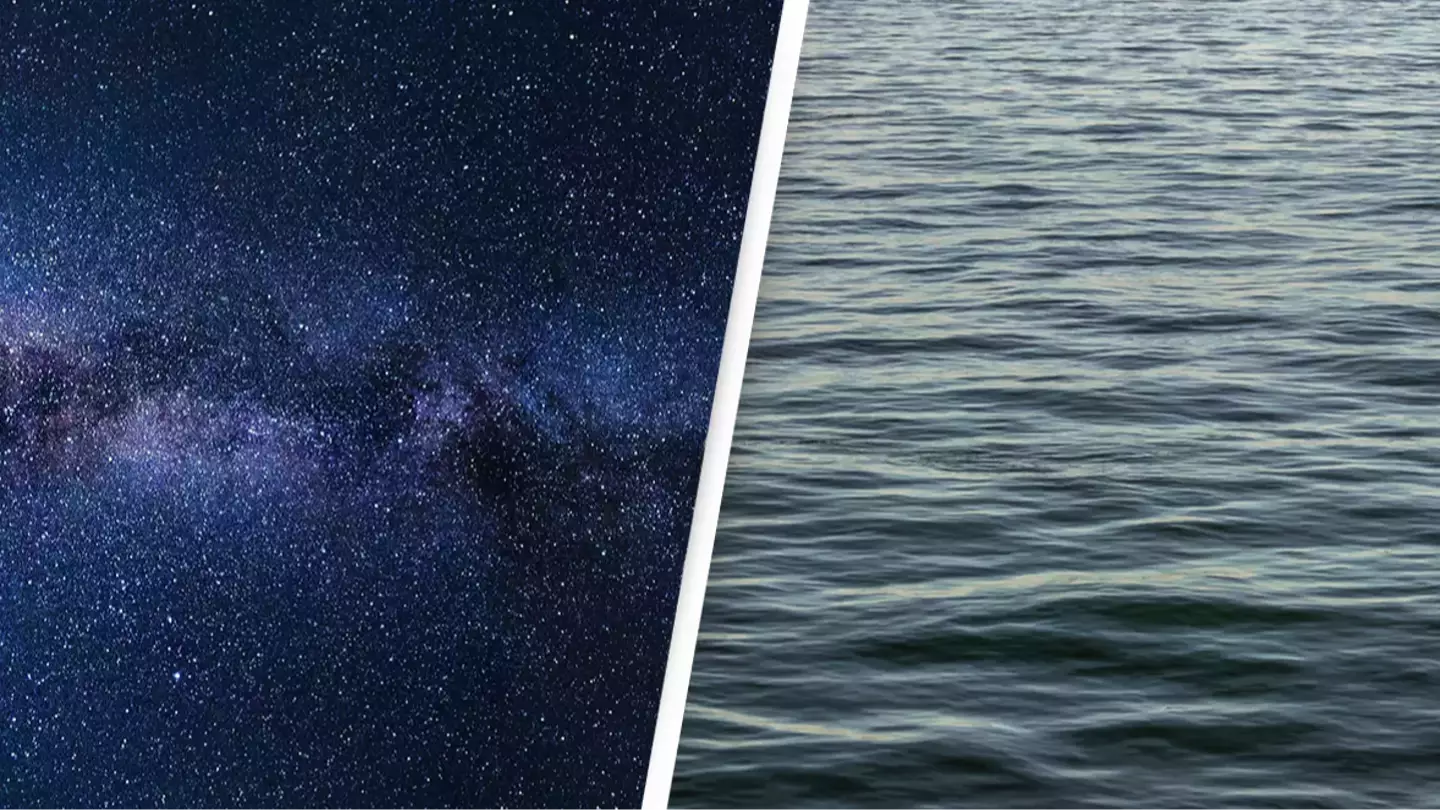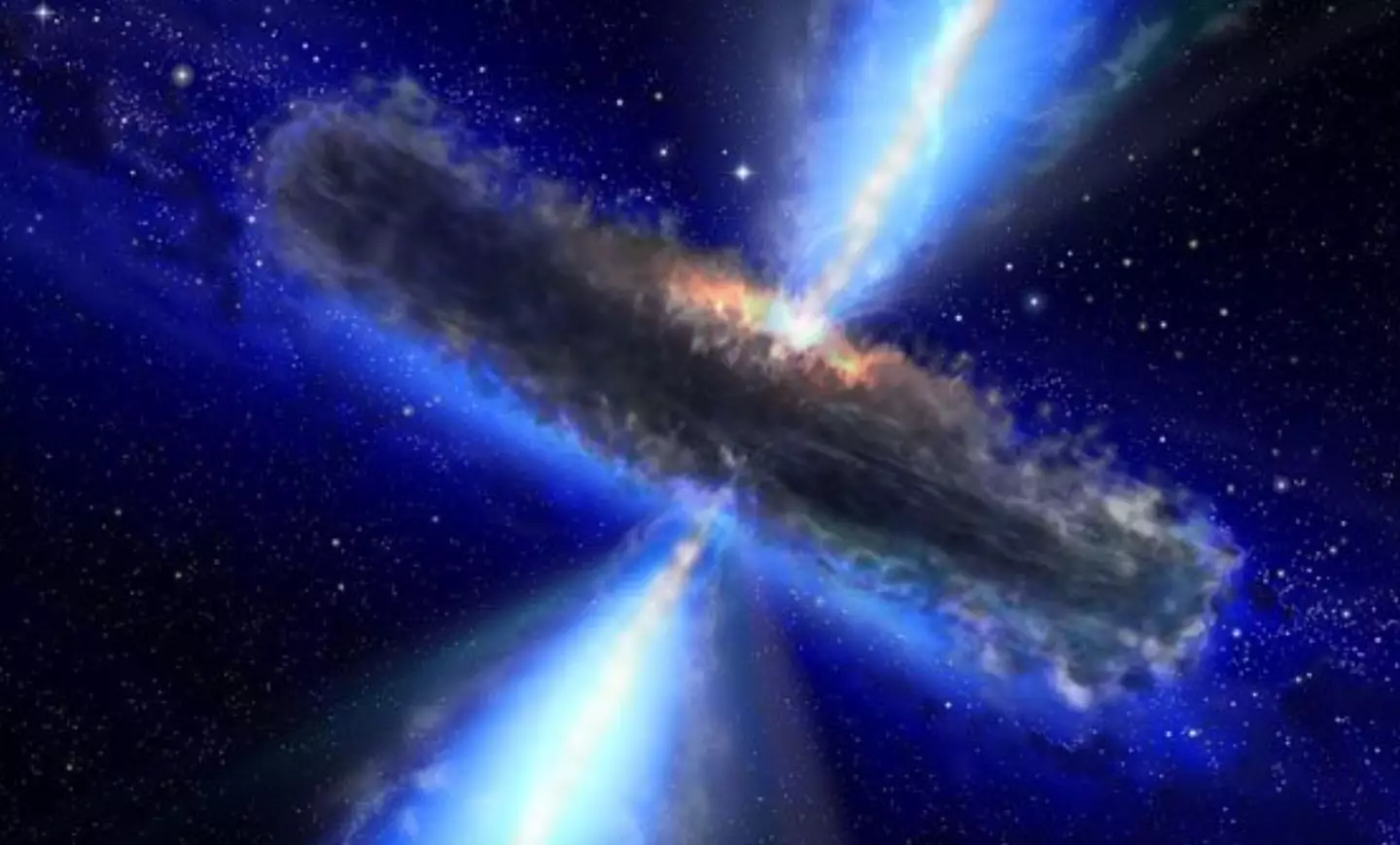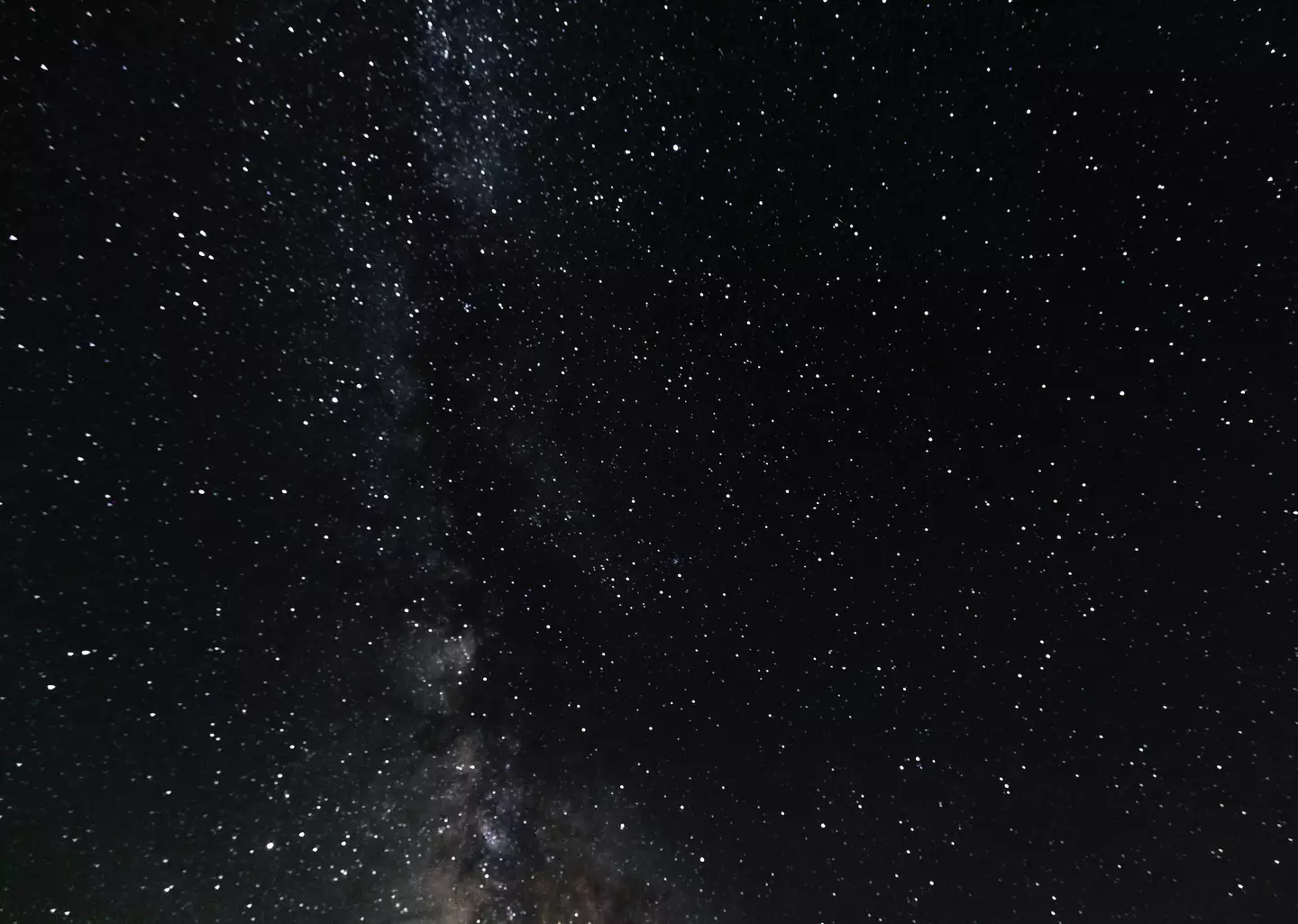
It took three years and two teams of astronomers, but scientists managed to uncover the largest and farthest reservoir of water ever detected in the universe.
As if that wasn't impressive enough, the huge body of water was determined to be approximately 12-billion-years-old.
The discovery was with the assistance of a team led by Matt Bradford, a scientist at NASA's Jet Propulsion Laboratory in Pasadena, California, who began their observations in 2008.
Advert
Bradford's team relied on a 33-foot telescope near the summit of Mauna Kea in Hawaii to make their initial observations, before following up with observations from an array of radio dishes in the Inyo Mountains of Southern California.
The second team of astronomers, led by Dariusz Lis, senior research associate in physics at Caltech and deputy director of the Caltech Submillimeter Observatory, used the Plateau de Bure Interferometer in the French Alps to find the water.

And this is no little puddle we're talking about. In fact, it's the equivalent to 140 trillion times all the water in the world's ocean. So, it's safe to say it's pretty large.
Sitting more than 12 billion light-years away, the water surrounds a huge, feeding black hole known as a quasar. Quasars are considered massive celestial objects and emit large amounts of energy.
Bradford noted the environment around the quasar is 'very unique' in the way it's producing the 'huge mass of water'.
"It's another demonstration that water is pervasive throughout the universe, even at the very earliest times," he said in a press release about the discovery in 2011.
Prior to the discovery of the huge mass of water, astronomers had never found water vapor present this far back in the early universe. There is water elsewhere in the Milky Way, but most of it is frozen in ice.

By finding water around the quasar, scientists were able to determine that the quasar is effectively 'bathing' the gas in X-rays and infrared radiation, and that the gas is 'unusually warm and dense by astronomical standards', according to a press release from Jet Propulsion Laboratory.
"Although the gas is at a chilly minus 63 degrees Fahrenheit (minus 53 degrees Celsius) and is 300 trillion times less dense than Earth's atmosphere, it's still five times hotter and 10 to 100 times denser than what's typical in galaxies like the Milky Way," the release explains.
Astronomers are still hoping to learn more about the distant universe through future research.
Topics: Black Hole, Science, Space, Environment